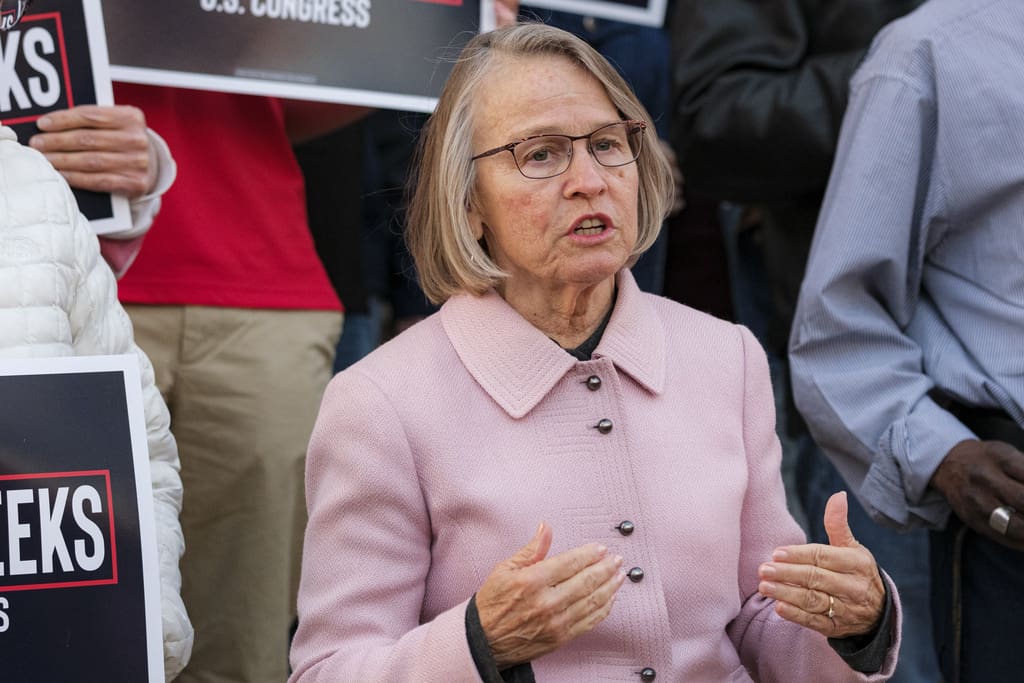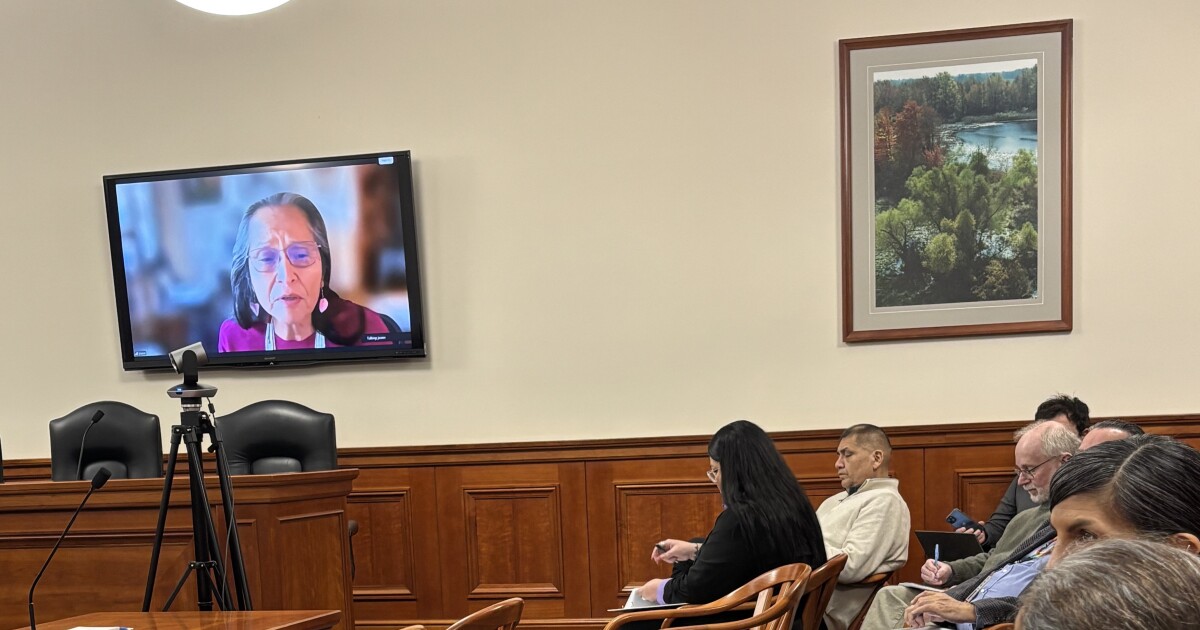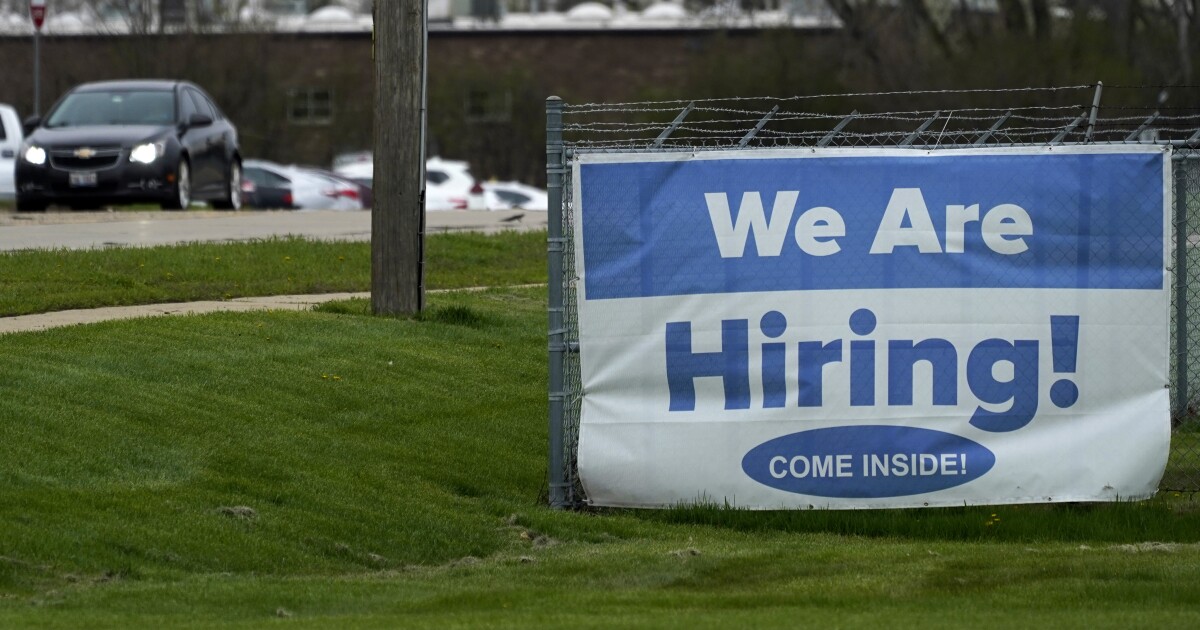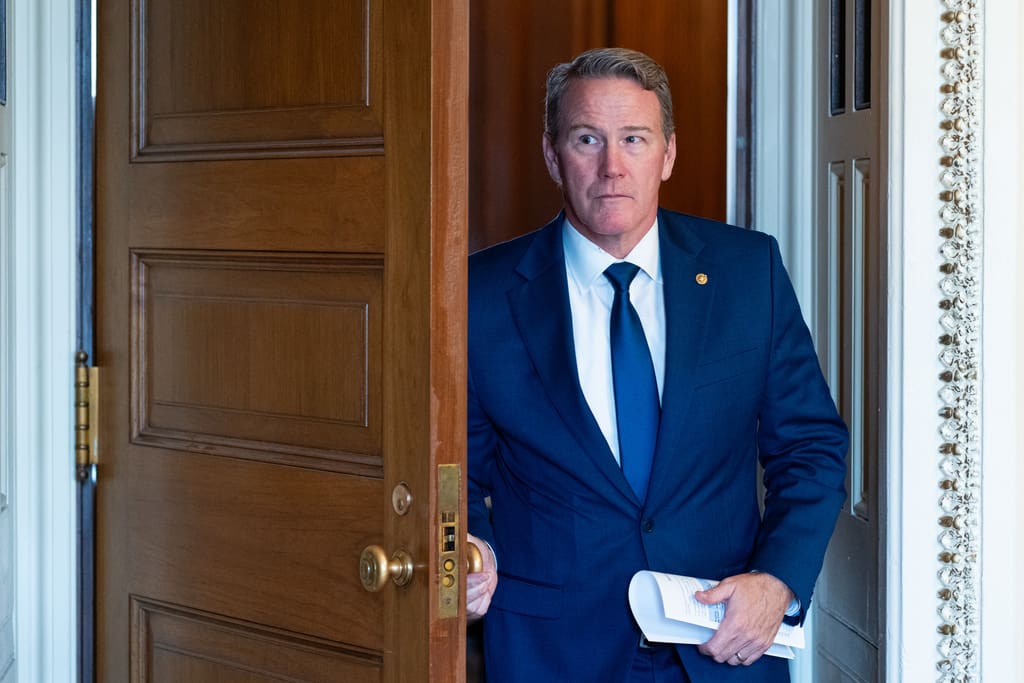Mobile Homes Becoming a Popular Housing Choice Amid Rising Costs
As housing expenses soar and interest rates remain elevated, a growing number of Americans are opting for mobile homes as a cost-effective housing solution. However, challenges arise as many of these mobile home parks are owned by private equity firms, which often increase rents and neglect maintenance without facing significant oversight.
In June, residents of mobile homes in Johnson County, IA, called on lawmakers to endorse federal measures to address these issues. Republican Representative Mariannette Miller-Meeks, however, was not receptive to their concerns.
“It sounds like this is a local issue that is impacting people, so I’m sure that our state legislators and senators are working on that,” Miller-Meeks stated to Iowa News Now. “But on a federal level, let’s look at legislation before we comment on a hypothetical. So, I’d like to see what it is, what it does, and what are the intended consequences, but more importantly, what are the unintended consequences? Could the unintended consequence be that you make housing less affordable and less available?”
Critics argue that Miller-Meeks’ stance overlooks the broader implications of the issue, noting her past support for legislation that could exacerbate housing affordability challenges.
Today, what are commonly referred to as “mobile homes” are usually manufactured homes, constructed post-1976 and compliant with HUD standards. While residents own their homes, they typically rent the land beneath them.
In recent years, private equity firms have increasingly purchased this land, drawn by the potential profits of gradually increasing rents. Housing advocates highlight that government-backed mortgage entities like Fannie Mae and Freddie Mac have facilitated this trend by providing loans to investors with minimal conditions.
In areas like Johnson County, Iowa, numerous mobile home parks have been acquired by Havenpark Communities, a Utah-based private equity firm. This has resulted in rent hikes as steep as 70%, alongside a decline in services such as snow removal, tree trimming, and access to clean drinking water.
“When you go to run bath water and it’s brown, you don’t want to get into it, and ice cubes have been yellow,” shared Linda Hickson, a resident of Lake Ridge Estates in Iowa City, with Iowa Public Radio.
In 2022, a state bill aimed at capping rent increases in mobile home parks was introduced but ultimately failed due to strong lobbying from the Iowa Manufactured Housing Association.
More broadly, Iowa has experienced some of the sharpest rent increases nationwide. In 2023, the average rent in the state rose by 2.6%.
Additionally, in 2023, Miller-Meeks supported the Limit, Save, Grow Act, a Republican-led initiative intended to revert federal spending to 2022 levels, potentially jeopardizing funding for rental assistance programs. Although the bill did not pass, its enactment could have resulted in higher rents for over 5,000 Iowans.
In September 2023, she endorsed another Republican spending proposal that threatened rental assistance for 850,000 low-income households nationwide.
Miller-Meeks is campaigning for a fourth congressional term next year. Her opponent, Democratic State Representative Christina Bohannan, who was raised in a mobile home, is focusing her campaign on housing affordability.
“Mariannette Miller-Meeks has had three terms in Congress – three chances to do right by the people of Iowa,” Bohannan stated in June upon announcing her campaign. “Instead, she has taken over $4 million from corporate special interests and done nothing but vote their way.”
Bohannan previously contested against Miller-Meeks in 2024, losing by a margin of fewer than 800 votes.
—
Read More Kitchen Table News










